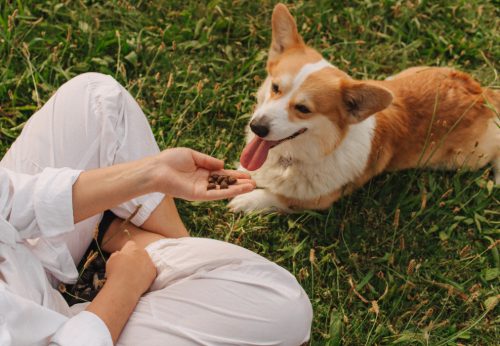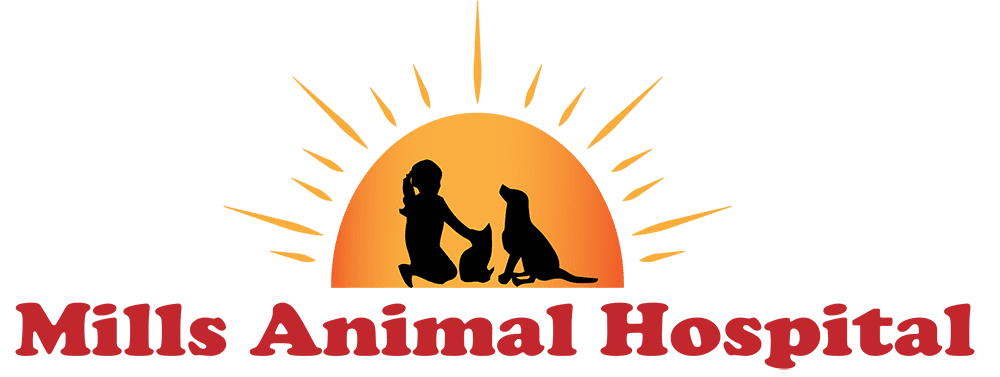Feeding your dog properly is one of the most impactful ways to support their overall health and longevity. When you know how to feed your dog for a healthy weight and longer life, you can give them the best chance at enjoying more energetic years with fewer health complications. Balanced nutrition, portion control, and mindful feeding habits all contribute to a healthier, happier life for your canine companion.

Why Feeding Habits Affect Weight and Longevity
The food you choose and the way you feed your dog directly influence their weight, energy levels, and long-term health. Dogs that maintain a healthy weight often experience less strain on their joints, a lower risk of chronic diseases, and a better quality of life. By understanding how to feed your dog for a healthy weight and longer life, you’ll make day-to-day choices that add up to big benefits over time.
Weight Management and Disease Prevention
Excess weight in dogs has been linked to diabetes, arthritis, heart problems, and reduced mobility. Dogs at a healthy weight typically live longer and remain more active well into their senior years. Feeding habits that prevent weight gain play a major role in helping your pet avoid these conditions.
Portion Size and Energy Balance
Even the most nutritious food can lead to problems if portion sizes aren’t managed. Feeding too much or too often contributes to weight gain, while too little can cause nutrient deficiencies. Striking the right balance helps your dog maintain a steady weight and supports their energy needs.
Choosing the Right Diet for Longevity
When considering how to feed your dog for a healthy weight and longer life, start with the basics: the type and quality of food you provide.
Nutritional Quality Matters
Dogs need a diet that provides protein, healthy fats, vitamins, and minerals. High-quality foods are formulated to meet these needs in the right proportions, supporting healthy muscle, a shiny coat, and strong immunity.
Commercial vs. Specialty Diets
Commercial dog foods can vary widely. Some are designed for general maintenance, while others target specific needs such as weight management or senior care. Specialty diets are often tailored to a dog’s age, breed, or activity level. Selecting the right option helps align their diet with their unique health requirements.
The Role of Life Stage Nutrition
Puppies, adults, and senior dogs all have different nutritional requirements. Puppies need diets that support growth, adults need balanced maintenance diets, and seniors may require foods with fewer calories but added joint and digestive support. Matching your dog’s diet to their life stage is a key part of feeding for a longer, healthier life.
The Importance of Portion Control
Portion control is one of the most effective strategies for maintaining a healthy weight.
Measuring Meals
Rather than filling a bowl until it “looks right,” measure meals using a cup or scale. This helps prevent accidental overfeeding and keeps calorie intake consistent.
Consistent Feeding Times
Feeding at consistent times each day can regulate your dog’s metabolism and prevent overeating. A predictable schedule also helps reduce begging and food-seeking behaviors.
Avoiding Free Feeding
Leaving food out all day (free feeding) can lead to weight gain, especially in less active dogs. Scheduled feeding ensures that your dog consumes appropriate portions.
Healthy Treat Practices
Treats are a wonderful way to bond with your dog, but they should not undermine your goal of how to feed your dog for a healthy weight and longer life.
Moderation is Key
Treats should make up no more than 10% of your dog’s daily calories. Overindulging in treats can quickly lead to weight gain.
Smarter Treat Options
Low-calorie treats, training treats, or using small portions of kibble are healthier ways to reward your dog. Some dogs are just as motivated by praise or play as they are by food.
Avoiding High-Fat Snacks
Table scraps and high-fat snacks can contribute to unhealthy weight gain and digestive upset. Sticking with dog-approved options ensures you’re rewarding without risking long-term harm.
Exercise and Feeding Go Hand-in-Hand
Nutrition alone won’t keep your dog at a healthy weight. Exercise is an essential partner to good feeding habits.
Balancing Calories In and Calories Out
The number of calories your dog consumes should match the energy they burn through daily activity. Active dogs require more fuel, while sedentary dogs need fewer calories.
Activity as Part of Routine
Walks, playtime, and other forms of physical activity not only burn calories but also keep your dog mentally stimulated. A well-exercised dog is healthier and less likely to develop behavioral problems linked to boredom.
Monitoring Your Dog’s Weight Over Time
Knowing how to feed your dog for a healthy weight and longer life means regularly checking that your plan is working.
Body Condition Scoring
Veterinarians often use body condition scoring to assess whether a dog is underweight, overweight, or at an ideal weight. This involves looking at waistline definition and feeling for ribs under a thin layer of fat.
Routine Checkups
Regular veterinary visits allow professionals to track your dog’s weight and identify early warning signs of health concerns. Adjustments to your dog’s diet can be made before small problems grow larger.
Adjusting as Needed
Your dog’s dietary needs may change with age, activity level, or health status. Monitoring and adjusting their food intake helps maintain long-term balance.
Supporting Your Dog’s Health at Mills Animal Hospital
Understanding how to feed your dog for a healthy weight and longer life sets the stage for years of companionship and vitality. Every meal is an opportunity to support your dog’s health, and the right feeding plan can add quality years to their life. If you would like guidance tailored to your dog’s needs, the team at Mills Animal Hospital in Marietta, GA can help. Call (770) 988-6698 or book an appointment online to learn more about maintaining your dog’s healthiest weight and supporting a longer, more active life.
